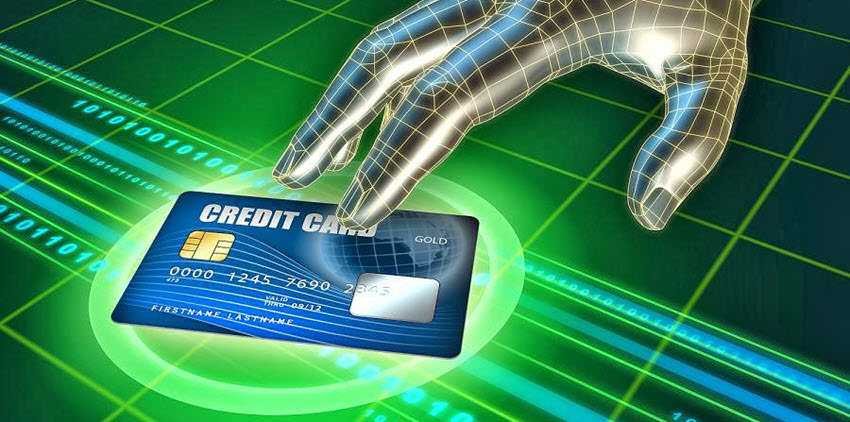Those who make credit card purchases online know the CVV number of their credit card. But how much security does its existence offer you?

Οι γιορτές έρχονται, ο κορονοϊός έχει περιορίσει την πρόσβαση στα μαγαζιά και έτσι οι διαδικτυακές αγορές έχουν υπερδιπλασιαστεί. Εάν πραγματοποιείτε αγορές μέσω διαδικτύου θα χρειαστείτε μία πιστωτική κάρτα και κατά την διαδικασία πληρωμής μπορεί να σας ζητηθεί να εισαγάγετε τον "κωδικό ασφαλείας" ή το "CVV" της κάρτας σας.
CVV: An extra level of protection
Το ακρωνύμιο CVV σημαίνει "Card Verification Value" (Τιμή επαλήθευσης κάρτας). Το CVV είναι ένας τριψήφιος ή τετραψήφιος κωδικός ασφαλείας στο πίσω μέρος ή στο μπροστινό μέρος της πιστωτικής σας κάρτας που σας βοηθά να προστατεύεστε από απάτες με πιστωτικές κάρτες.
Mastercard began issuing CVV numbers in 1997, Visa since 2001, and American Express in 1999. These numbers emerged in response to increasing online transactions and cardmember complaints about transaction delays when a card's security was in question.
For Mastercard, Visa and Discover credit cards, the CVV code is three digits and is located on the back of the card near the signature line. On American Express cards, the CVV code is four digits and can be found on the front of the card.
According to industry rules set by the PCI Security Standards Council, retailers cannot store your CVV with your credit card information in a database. This means that if your payment information is leaked or breached, you will have an extra level of protection that only exists on the physical card itself.
On the other hand, using CVV to verify purchases is optional, so some suppliers can process payment without it. This means that these suppliers can also store the information της πιστωτικής κάρτας χωρίς το CVV και να διεκπεραιώσουν την πληρωμή ούτως ή άλλως. Αλλά όταν κάποιος έμπορος λιανικής σας ζητά το CVV, σημαίνει ότι uses another layer of security against online database breaches.
Other names for CVV codes

Credit card security codes have a number of different names based on different banking providers. Here are some common names:
CVV: Card verification value, used with Visa cards required and signature.
CVV2: 2nd generation card verification value, used with Visa cards that can also be virtul.
CVC: Card validation code, used with Mastercard and signature required.
CVC2: 2nd generation card validation code, used with Mastercard and can also be virtual.
ID: Card ID, used with some American Express and Discover cards.
CVD: Card verification data, used with some Discover cards.
CSC: Card security code, used with American Express cards.
SPC: Signature Panel Code, a general term for security code.
Believe it or not, these are not the only three-letter acronyms on the market. Whatever the name, CVV codes all serve the same purpose: they help you shop safely online.
In conclusion
The CVV code on credit cards is an additional level of security but is optional for merchants to use. Any stores that ask you for it means that they pay attention to quality pluschangeand they protect you.
Stores are prohibited from storing your CVV when you give it to them. But because it is not necessary for a transaction will not protect you from hacking. Always make sure to give your credit card only to online stores that you trust.
And seriously consider issuing a prepaid card for your online shopping, which you will only charge when you want to make a purchase.

Finally, the CVV is not a PIN and you should never give your PIN when asked for the CVV. PIN numbers allow you to use your credit or debit card at an ATM or when you make an in-person purchase with your debit card or cash advance with any credit card.





